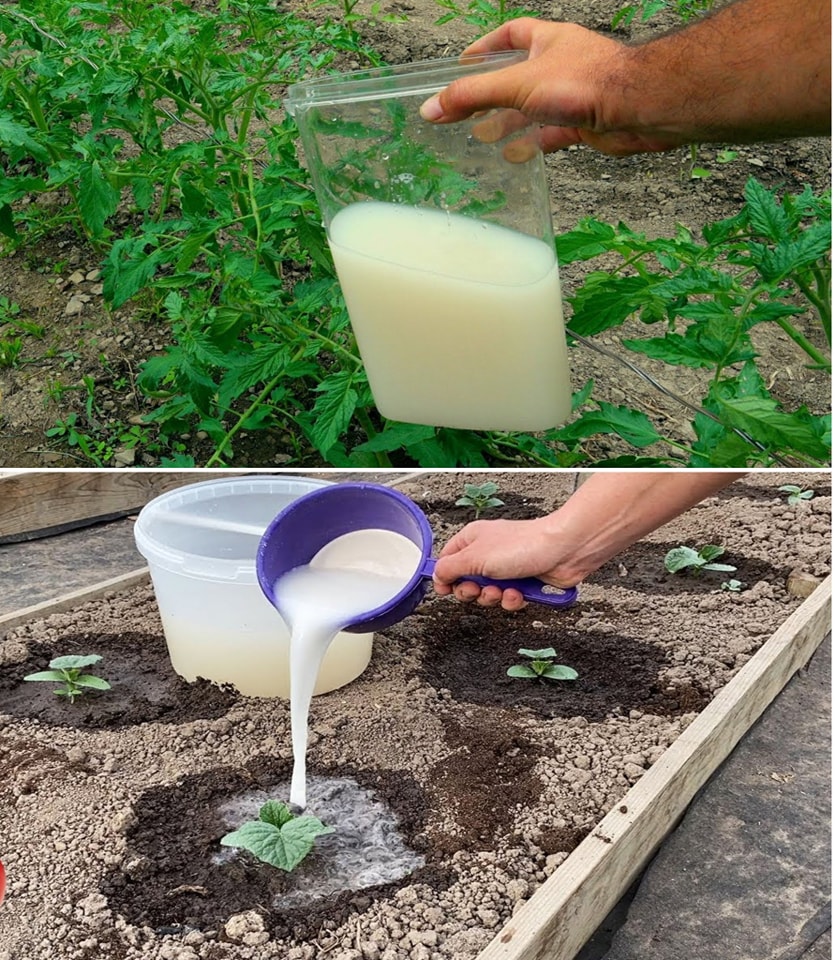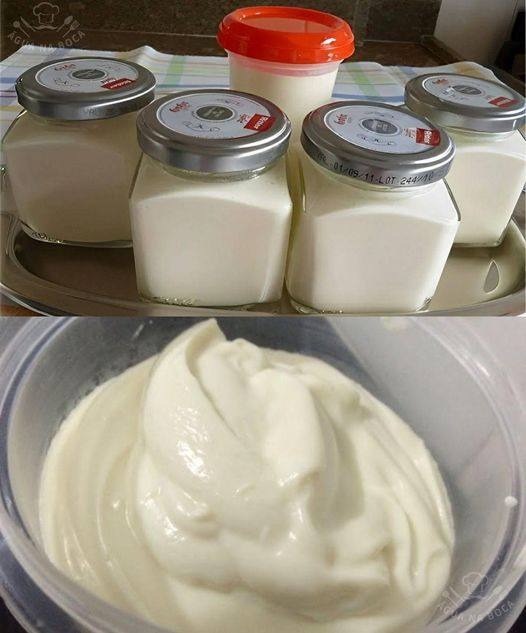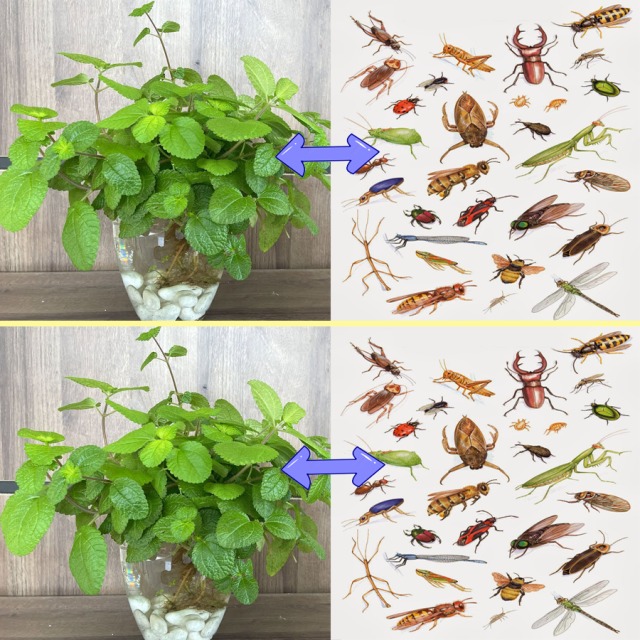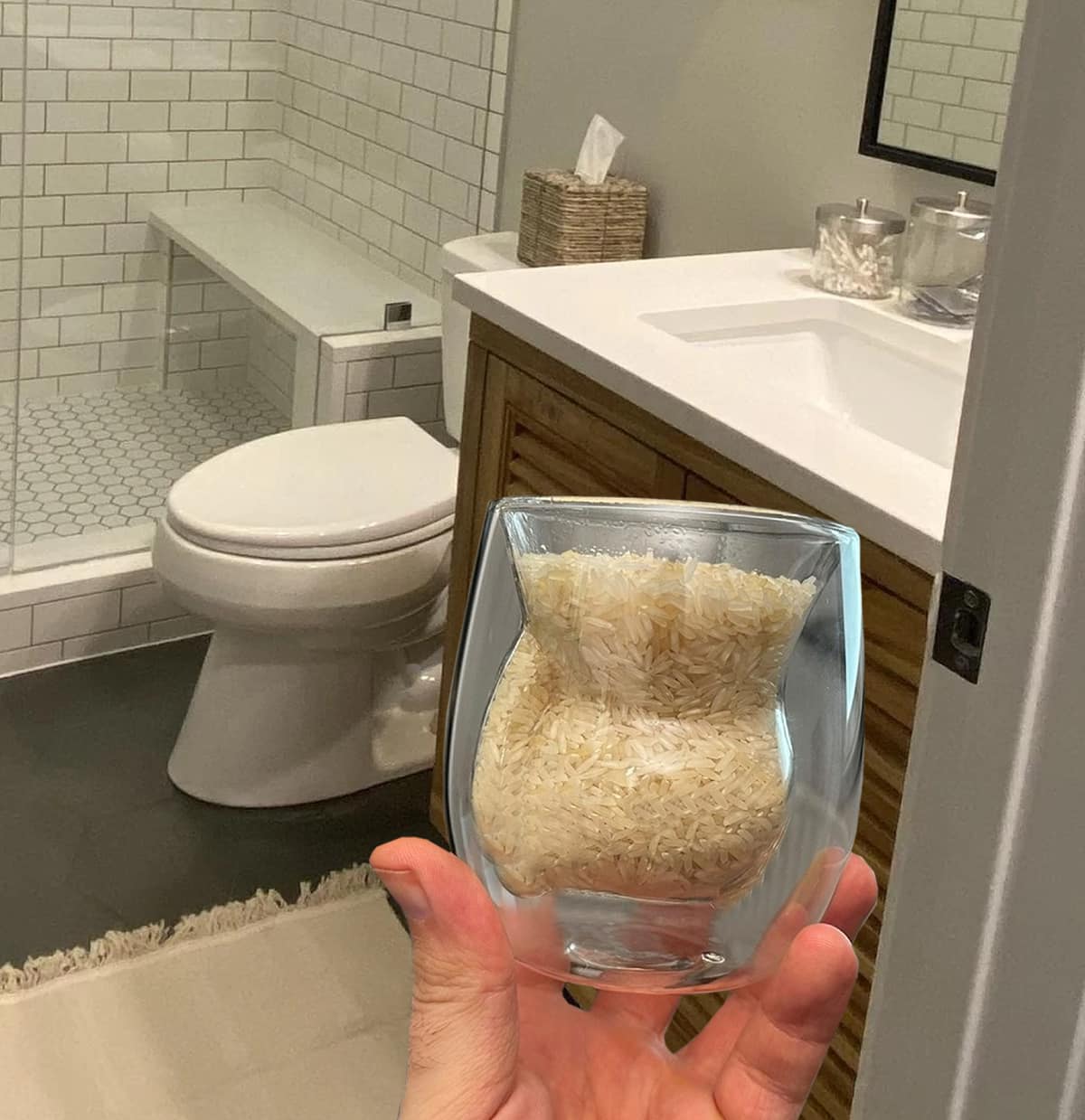
Yeast emerges as a potent natural fertilizer, rich in essential nutrients vital for plant growth, including nitrogen, phosphorus, and potassium. Moreover, its application fosters the proliferation of beneficial microorganisms in the soil, enhancing plant health and vitality.
In addition to yeast, alternatives like manure or nutrient-rich organic compounds offer supplemental sources of nourishment for plants. The beneficial properties of yeast extend beyond nutrient provision, contributing to soil enrichment and structure improvement.
Yeast serves as a natural reservoir of micronutrients essential for plant development, including iron, manganese, copper, zinc, and others. Plants absorb these nutrients from their surrounding environment, encompassing soil, water, and air.
Utilizing yeast as a fertilizer follows a straightforward process, akin to the fermentation of bread dough. Mixing yeast with lukewarm water, supplemented with a touch of sugar to initiate fermentation, yields a potent fertilizer solution. Once foamed, the solution can be diluted and applied to various plants, promoting robust growth and development.
Mississippi Pot Roast (Slow Cooker, Stovetop, or Instant Pot)
Fluffernutter Cookies – soft and chewy peanut butter cookies with swirls of marshmallow cream
Savor Grandma’s Tradition: Creamy Homemade Cream Cheese Recipe
Recipe for Homemade Glazed Doughnuts
The Sponge’s Method for Cleaning Dirty and Embedded Oven Racks Revealed
NHL Star Johnny Gaudreau’s Wife, Meredith, Speaks Out after His Tragic Death at 31
My Husband Demanded a Sixth Child or Threatened Divorce – After My Lesson, He Begged for Forgiveness on His Knees
I Visited My Pregnant Sister, and When I Saw How Her Husband Treated Her, I Taught Him a Lesson
Stuffed Chinese Cabbage Steaks with Mushroom-Chicken Filling


















